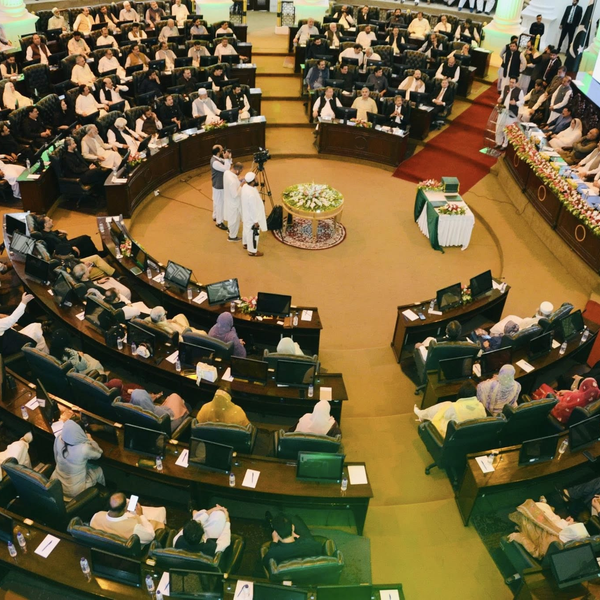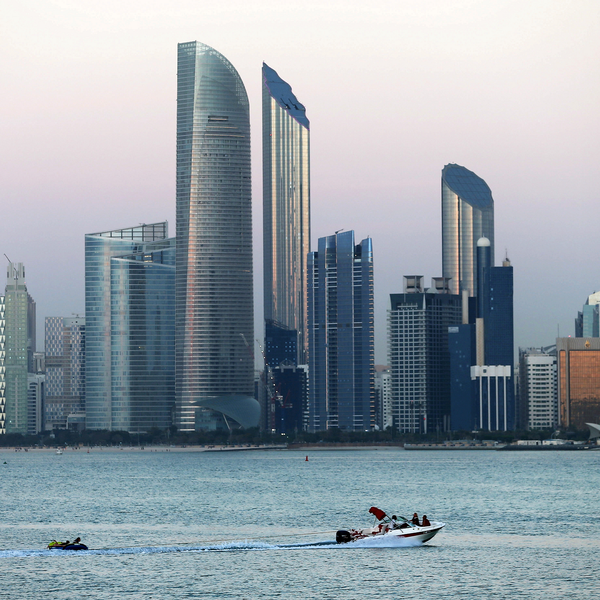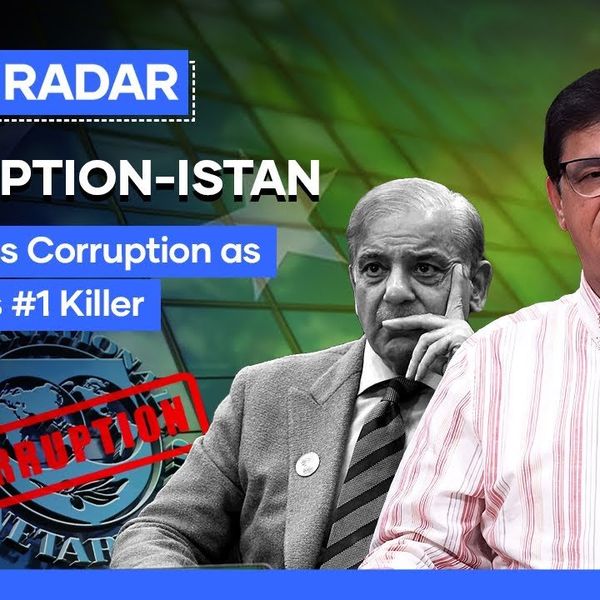Pakistan’s KP CM writes to Punjab CM after ‘mistreatment’ of Khan’s sisters outside Adiala Jail
Sohail Afridi says court orders for Khan’s visits are ‘clear and binding,’ but officials repeatedly ignore them
News Desk
The News Desk provides timely and factual coverage of national and international events, with an emphasis on accuracy and clarity.

The chief minister of Pakistan’s Khyber Pakhtunkhwa province — governed by former prime minister Imran Khan’s party, Pakistan Tehreek-e-Insaf (PTI) — wrote on Friday to the chief minister of Punjab, a province ruled by PTI’s rival Pakistan Muslim League-Nawaz (PML-N), protesting the alleged manhandling of Khan’s sisters outside Adiala Jail and the repeated blocking of court-ordered visits to Khan, who is imprisoned in the high-security facility in the city of Rawalpindi.
Afridi said he was denied access to meet Khan for the seventh time on Thursday despite court orders allowing specified visitors. He said police and jail authorities were “persistently” failing to implement judicial directives permitting close family members and nominated individuals to meet Khan on designated days.
The KP chief minister said the situation worsened two days earlier when police allegedly manhandled and “violently detained” Khan’s sisters, who had been camped outside Adiala Jail after being denied their weekly visit.
The letter
In the letter today, Afridi said he wanted to draw Maryam Nawaz’s attention to “serious concerns” about the administration of visitation rights and the treatment of Khan’s family members.
He wrote that the judicial directions governing Khan’s visitation schedule were “clear and binding,” yet reports indicated “persistent non-implementation” by authorities responsible for compliance.
Afridi described the reported “inappropriate and rough treatment” of Khan’s sisters as especially troubling, calling them “apolitical private citizens” seeking only to meet their brother in line with court permissions.
He argued that even if restrictions existed for political visitors, “there is no conceivable legal or administrative basis” for obstructing, restraining, or temporarily detaining immediate family members. He called the treatment “wholly unacceptable.”
Afridi said the actions created the impression that judicial directives were being ignored and that prison and police authorities were not safeguarding the rights of authorized visitors. He wrote that the situation was “untenable” and inconsistent with due process and responsible public administration.
He also criticized reports that visitors were being stopped nearly a kilometer from the jail and forced to sit on the road, including elderly women. Afridi urged Punjab to provide a proper, safe, and dignified waiting area for authorized family members.
The KP chief minister laid out four immediate demands: full enforcement of court orders, action against those accused of misconduct, clear instructions to police and jail officials, and the creation of an orderly and legally compliant system for arranging meetings.
Afridi emphasized that Khan is a former prime minister and the leader of PTI, the party whose mandate brought Afridi’s government to power. Any deviation from legal procedures or disrespect toward Khan’s family, he wrote, was a matter of “direct institutional concern.”
Imran Khan, imprisoned since August 2023, is serving a sentence in a £190 million corruption case. He also faces additional trials under Pakistan’s Anti-Terrorism Act linked to the nationwide protests on May 9, 2023.
On Thursday, the Human Rights Commission of Pakistan expressed concern over reports that Khan’s sisters had been “manhandled.” The group said families of prisoners have the right to meet their relatives and that peaceful assembly is protected under both national and international human rights law.
“HRCP calls for a transparent inquiry and urges authorities to ensure the rights, safety and dignity of all involved are fully respected,” it said in a post on X.
Afridi urged the Punjab government to take immediate and decisive action, saying the rule of law must remain “unimpaired.”










Comments
See what people are discussing